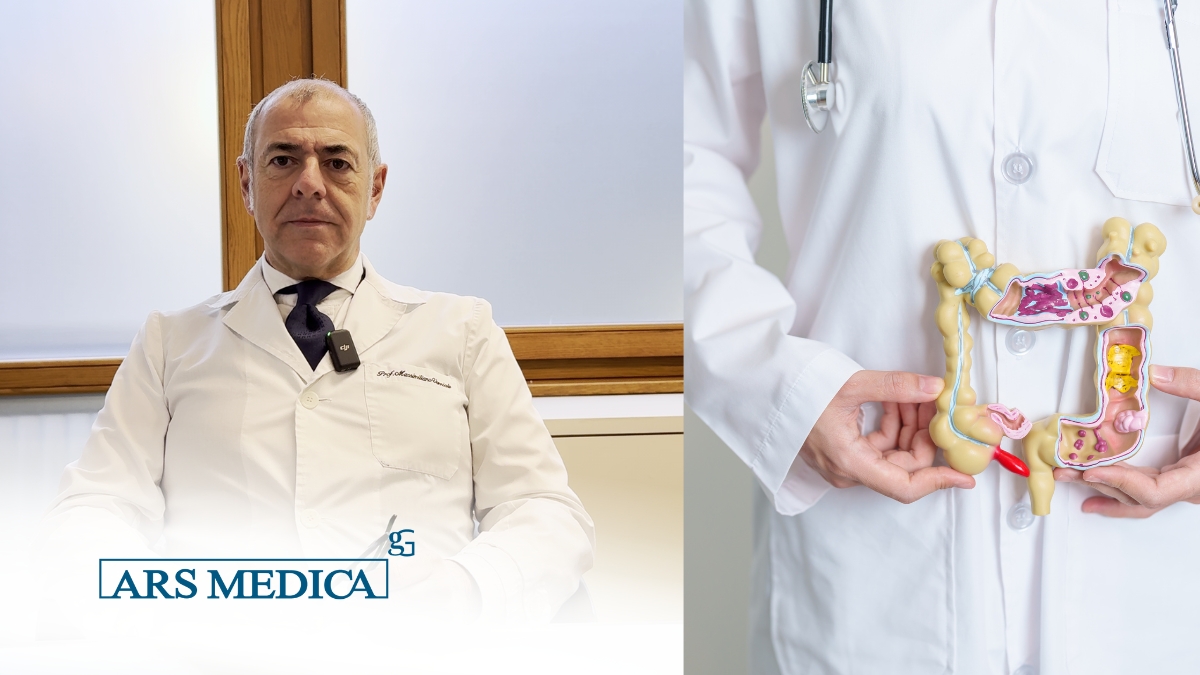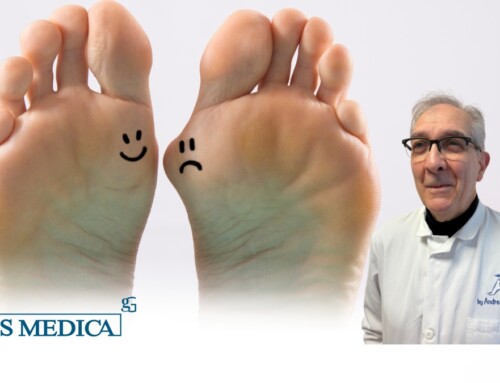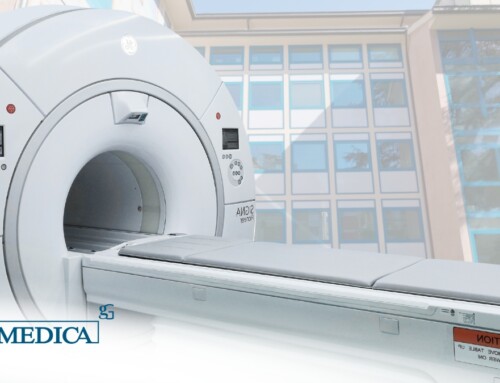
Articolo del 10/04/2025
Taking care of your health is an act of self-love. Participating in preventive health campaigns not only enhances our personal well-being but also contributes to the health of our communities.
Colorectal cancer is one of the most common types of cancer, but thanks to prevention, it is also among the most treatable. Early detection through regular screenings allows for the identification of pre-cancerous lesions or cancer in its initial stages—when interventions are most effective.
Where does prevention start? Who should you turn to for screening?
We discuss this with Professor Massimiliano Varriale, specialist in proctology, colorectal tumors, chronic inflammatory bowel diseases, and pelvic floor disorders at Ars Medica Clinic.
The first step in colorectal cancer prevention begins with a fecal occult blood test (FOBT), which serves as the primary screening tool. This non-invasive test can help determine the appropriate preventive and diagnostic path to follow for maintaining colon and rectal health.
Based on the results—drawn from three stool samples—patients may be referred, if positive, to a consultation with a gastroenterologist.
During this consultation, the specialist will assess whether a colonoscopy is necessary, along with any additional tests needed to identify and manage potential neoplastic conditions.
If the colonoscopy identifies the source of bleeding, we can then provide a tailored and comprehensive treatment plan—whether the cause is a polyp or another underlying condition.
Why is surgery sometimes necessary?
In some cases, surgical intervention becomes essential. At our facility, robotic surgery allows for the precise removal of intestinal sections from within the abdominal cavity. Using robotic arms, tissue samples are collected and then analyzed by our pathology department.
Robotic-assisted surgery offers exceptional precision, significantly enhancing the quality of the surgical procedure and the accuracy of tissue collection.
What are the advantages of robotic surgery?
The robotic surgical program at Ars Medica offers several key benefits, including a substantial reduction in hospitalization time. Patients are often able to resume eating shortly after surgery without the need for antibiotics, and pain management typically requires minimal or no analgesics.
Recovery is swift and supported by personalized outpatient rehabilitation, including light daily exercises and sessions with our in-house physiotherapy team.
Thanks to the advanced technology and expertise developed over years of robotic surgical practice at Ars Medica, patients experience a smoother, faster recovery and a marked improvement in post-operative quality of life.









